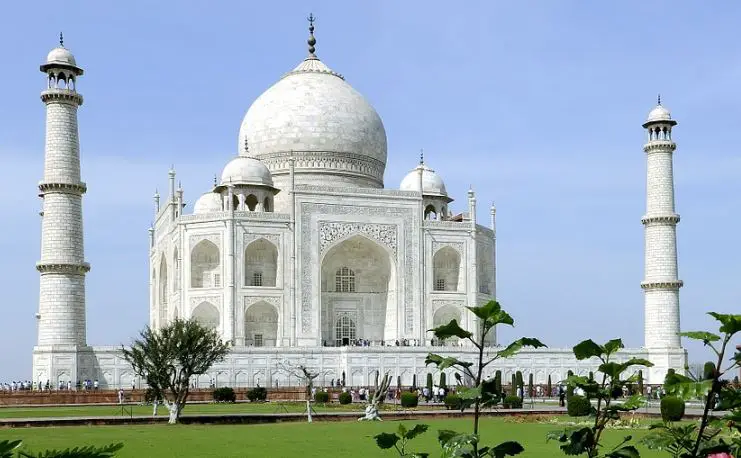How do I explore the history of Indian philosophy?
Post ByAdequate Travel
Summary
Exploring the history of Indian philosophy is a great way to understand how ancient thought and spiritual belief systems have developed over time and shaped modern understanding of the world. In this blog post, we will explore how to go about studying the history of Indian philosophy and uncover the fascinating details this ancient knowledge holds. Stay informed about any travel restrictions or travel rules in place, as they may vary depending on your destination within the country.1. Familiarize Yourself with the Timeline
Indian philosophy has a rich and diverse history spanning centuries. Begin by understanding the chronology of major philosophical traditions.
For instance:
6th century BCE - Emergence of ancient philosophical schools such as Nyaya, Vaisheshika, and Samkhya
6th century BCE to 2nd century BCE - Development of Jain philosophy by Mahavira and Jain scholars
6th century BCE to 5th century BCE - Foundational period of Buddhism and its various schools
8th century BCE to 17th century CE - Evolution of Hindu philosophical traditions, including Vedanta, Yoga, and Mimamsa
2. Study the Vedas and Upanishads
The Vedas and Upanishads are ancient texts considered to be the foundation of Indian philosophy. Familiarize yourself with these texts to gain insight into the early philosophical ideas in India.
For example, you can explore:
The Rigveda and its hymns expressing early metaphysical and cosmological speculations
The Upanishads, which delve deeper into metaphysics, ethics, and the nature of reality
3. Delve into the Schools of Philosophy
Indian philosophy comprises different schools of thought, each offering unique perspectives on existence, knowledge, ethics, and more. Dive into these schools to understand their key ideas and contributions.
Some notable schools include:
Nyaya - Focuses on logic, epistemology, and reasoning to analyze knowledge and reality
Vaisheshika - Explores metaphysics, atomism, and categorization of physical phenomena
Samkhya - Dualistic philosophy addressing the nature of reality, consciousness, and liberation
Vedanta - Examines the nature of self (Atman) and ultimate reality (Brahman) through texts like the Bhagavad Gita and Upanishads
4. Explore Jain and Buddhist Philosophies
Jainism and Buddhism emerged as separate philosophies in ancient India, emphasizing non-violence, self-realization, and liberation from worldly attachments.
Consider studying:
Jain philosophy's principles of ahimsa (non-violence) and anekantavada (non-absolutism)
Early Buddhist philosophy and its various schools like Theravada, Mahayana, and Zen
5. Analyze Modern Influences
Indian philosophy has significantly impacted modern thought and intellectual movements. Examine the influence of Indian philosophy on contemporary thinkers and global philosophical discussions.
For instance:
Mahatma Gandhi's incorporation of non-violence and satyagraha
The influence of Vedantic concepts on prominent Western philosophers like Arthur Schopenhauer
The integration of mindfulness and meditation practices from Indian traditions into psychology and well-being
Suggested Questions
- Raj Kiran Hotel, Maharashtra: Horror Story, History & Paranomial Activities
- Agrasen Ki Baoli, Delhi: Horror Story, History & Paranomial Activities
- Bhangarh Fort, Rajasthan: Horror Story, History & Paranomial Activities
- Dumas Beach, Gujarat: Horror Story, History & Paranomial Activities
- Ramoji Film City, Telangana: Horror Story, History & Paranomial Activities
- Kuldhara Village, Rajasthan: Horror Story, History & Paranomial Activities









